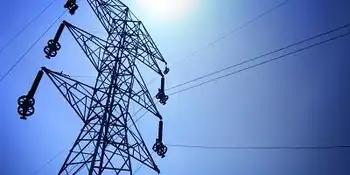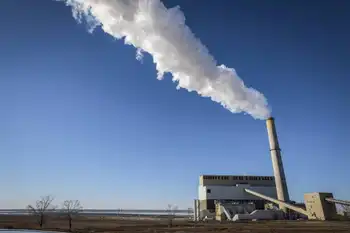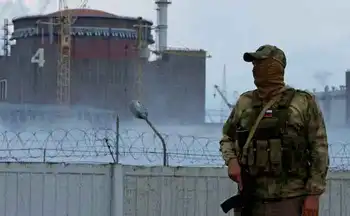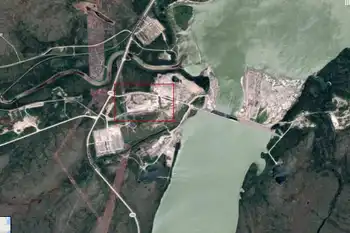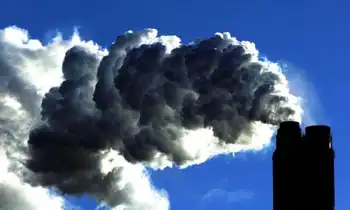Ghana: the erratic power outages must stop
By allAfrica.com
CSA Z463 Electrical Maintenance
Our customized live online or in‑person group training can be delivered to your staff at your location.

- Live Online
- 6 hours Instructor-led
- Group Training Available
With a constant supply of electricity, small and medium enterprises could produce at optimum levels, meet cost of production, earn income and possibly pay salaries to workers who will ultimately use the money for day-to-day needs.
However, the actions and inactions of Electricity Company of Ghana are undermining the noble objective of working towards the attainment of our middle-income status.
Since the beginning of the year, certain parts of the Greater Accra Region, specifically Ashalley Botwe, Dansoman, Labone and Kokomlemle, among others, have been experiencing erratic power outages that are overwhelming. On certain days, the power goes off as many as three times at intervals less than 45 minutes apart and without any explanation whatsoever.
Just recently, the chief executive of the Volta River Authority (VRA) was upbeat on TV when he explained that there was enough water in the Akosombo Dam, and coupled with power supply from thermal plants that have been installed due to the crunch hydro-electrical power crisis the country experienced, it is unlikely such "calamity" will befall the nation again.
Nevertheless, the situation on the ground is totally at variance with promises the VRA's CEO gave the nation. The unannounced power cuts are interrupting the operations of many institutions and thus retarding production and ultimately final output. The cumulative effect of this is obvious - targets will be missed and the entire nation will lose. GDP targets will be unrealizable and if that persists, our vision of becoming a middle-income nation will continue to remain a pipe dream.
Public Agenda wants to draw the attention of the Energy Minister to the on-going aberration. He must act quickly and decisively to halt the inexplicable lights off to which residents and offices are subjected. If heads have to roll for the good of the entire nation, so be it, he should not be hesitant about it.





